‘Superman’ Christopher Reeve’s Son, Adopted by Neighbors, Impresses Users with His Resemblance to His Father – Photos
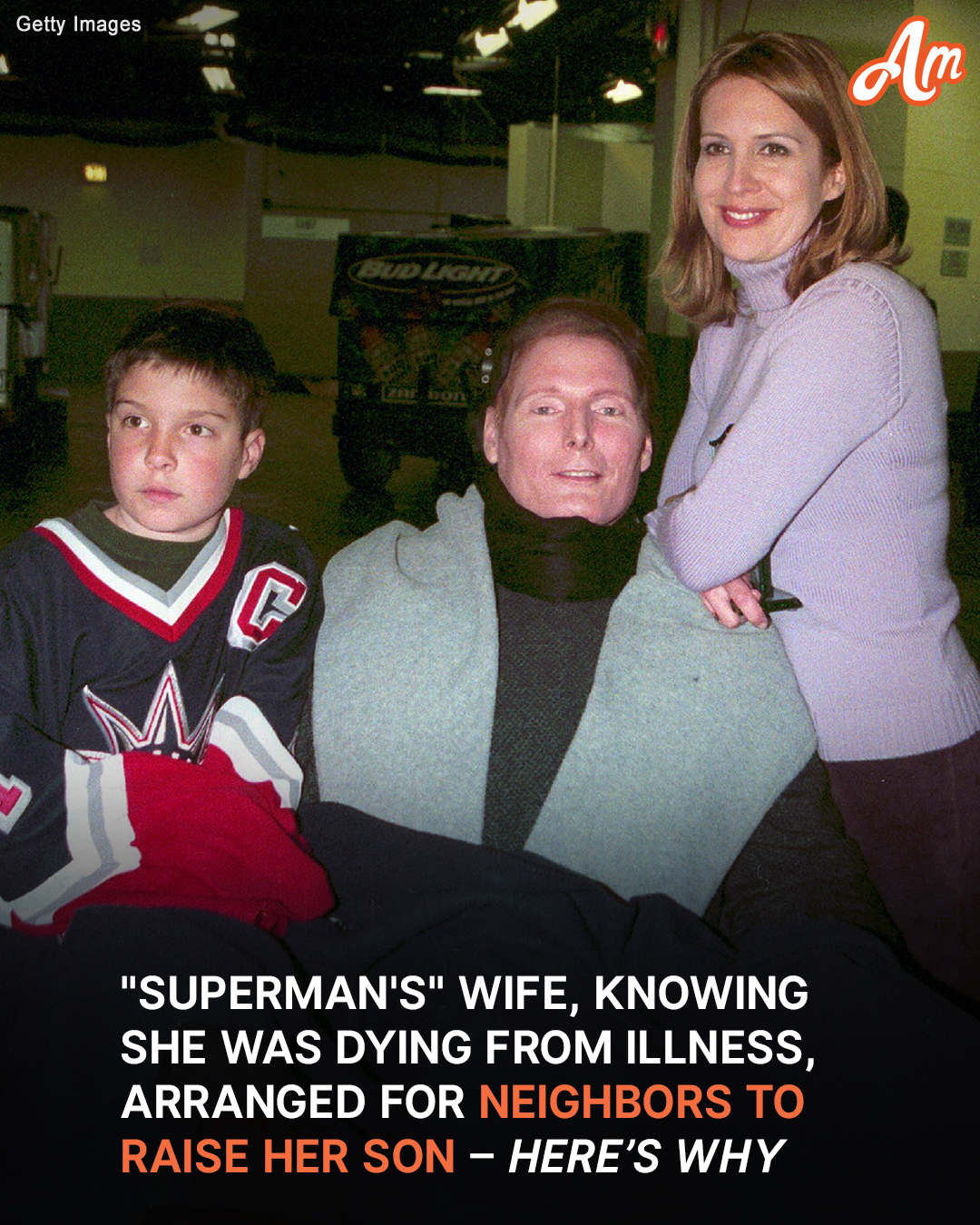
Tragically, Christopher and Dana Reeve lost their only child together, leaving the infant orphaned. Their grown son carries on their legacy and many have noticed how much he looks like his dad in several of the pictures. The role of the title character in the film “Superman” and its three sequels made American actor Christopher Reeve famous. In addition, he acted in other movies, such as “The Remains of the Day” and “Speechless.” Christopher was a devoted family man in addition to having a notable career. In April 1992, he tied the knot with singer-actress Dana Reeve. Two months later, in June of the same year, they welcomed Will Reeve, their only child together.
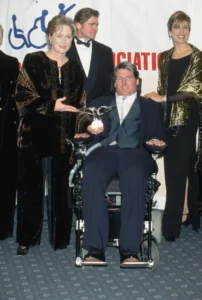
Even though Christopher was happy to become a parent, his life changed drastically in 1995. He was involved in a bizarre accident during a cross-country horse competition that rendered him paraplegic from the neck down. After waking up in the hospital, Christopher started having suicide thoughts. He asked his wife to “let him go,” with her at his side. In an interview, the director of the movie recollected that stirring moment. He recalled, “She looked me in the eye and said, ‘But you are still you and I love you,’ without skipping a beat.” He committed his time going ahead to making a full recovery in the hopes of being able to walk once more.
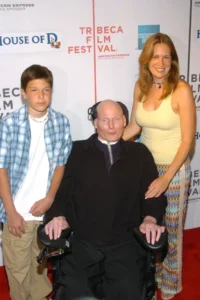
The native of New York focused on healthcare reform and boosting funding for research on the spinal cord and central nervous system through his political career. The Christopher and Dana Reeve Foundation is a nonprofit organization that Christopher and Dana co-founded with the goal of improving the lives of those who are paralyzed. Christopher tragically died in October 2004 at the age of 52 from heart failure, leaving behind his wife and their 12-year-old son. The Reeve family was devastated by this loss.
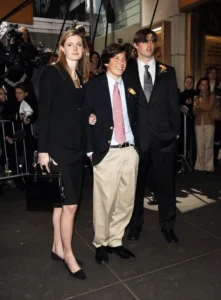
Will was just two years old when his mother Dana, then 44, passed away from lung cancer in March 2006, leaving him with yet another devastating loss. Will, who became an orphan at the age of 13, recalled his childhood as being typical and spending time with his parents. Like any other child, he remembered them asking him to eat his veggies, turn off the television, and go to bed. While growing up, Will would regularly spot his father in magazine aisles at the grocery store, but he stressed that he had a “very normal childhood.”
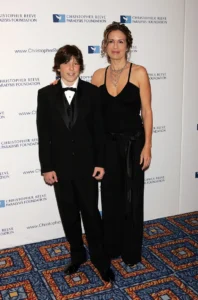
Will also mentioned how Christopher always put parenting first, even in spite of his dad’s notoriety. He did point out, though, that the unplanned family activities they may have engaged in were limited by his father’s immobility. Will remarked, “That may be challenging, but even though my experiences, on the surface, were fundamentally different from those of other children my age, my parents did such an excellent job of staying loyal to their ideals that I never felt robbed of a normal childhood.”
Leave a Comment